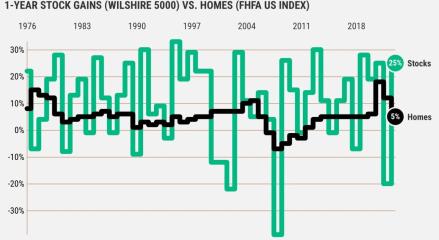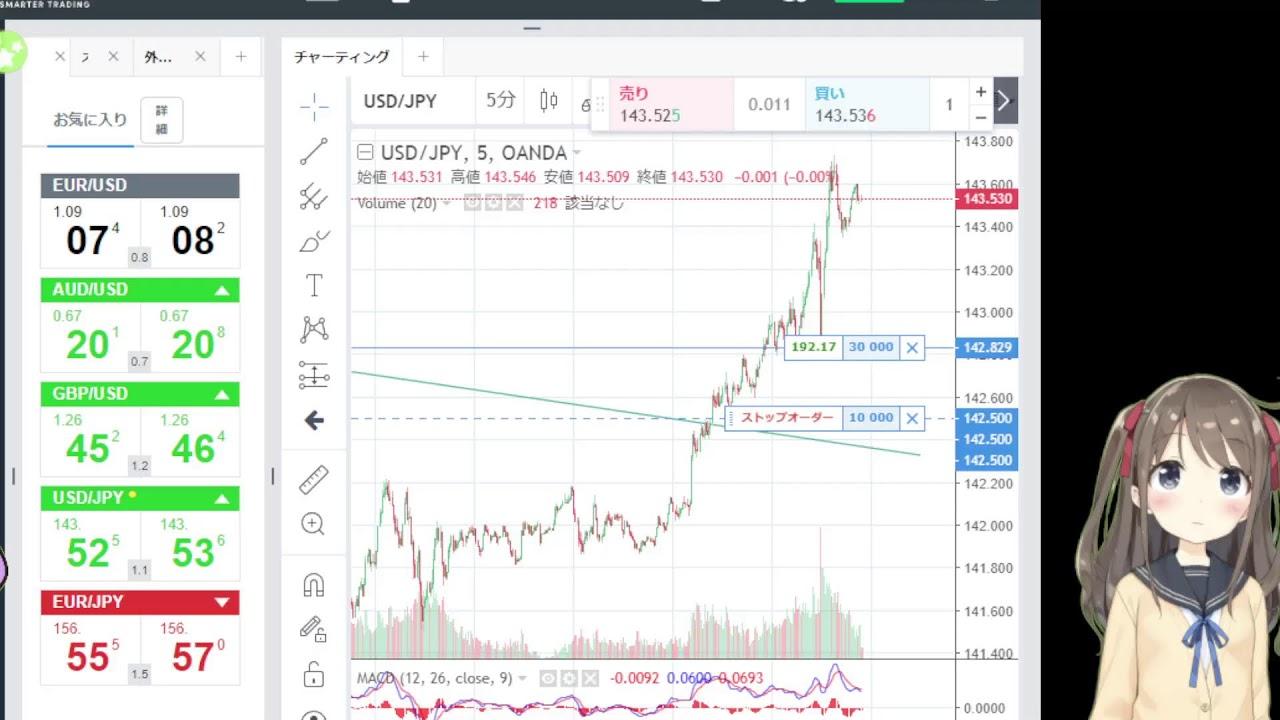Opening a Forex trading account requires a few key documents to ensure compliance with regulatory requirements and to verify your identity. The specific documents may vary slightly depending on the broker and the jurisdiction, but generally, you can expect to provide the following:
- Identification Documents:
- Valid Passport: A clear copy of the photo page of your passport is typically required. This is the primary form of identification.
- National ID Card: Some brokers may accept a government-issued national identification card as an alternative to a passport.
- Driver's License: In some cases, a valid driver's license may be accepted as a secondary form of identification.
- Proof of Address:
- Utility Bill: A recent utility bill (e.g., electricity, water, gas) with your name and current address is commonly accepted. The document should be dated within the last three to six months.
- Bank Statement: A recent bank statement that shows your name and address can also serve as proof. Ensure that it is an official document issued by the bank.
- Financial Information:
- Income Proof: Some brokers may require proof of income, such as recent pay stubs, tax returns, or a letter from your employer.
- Bank Statement: In addition to serving as proof of address, a bank statement can also provide information about your financial status.
- Trading Experience and Knowledge:
- Trading Questionnaire: Some brokers may ask you to complete a trading questionnaire to assess your level of experience and knowledge in trading. This helps them tailor their services to your needs.
- Risk Disclosure and Agreement Forms:
- Risk Disclosure Statement: You may be required to acknowledge that you understand the risks involved in Forex trading. This is often presented in the form of a risk disclosure statement.
- Customer Agreement: Review and sign a customer agreement or terms of service document, outlining the terms and conditions of the trading relationship between you and the broker.
- Compliance Documentation:
- Tax Identification Number (TIN): Depending on your jurisdiction, providing your TIN may be required for tax reporting purposes.
Before submitting any documents, it's crucial to carefully read the broker's requirements and guidelines. Always ensure that the documents are clear, legible, and up-to-date to expedite the account verification process. Keep in mind that additional documents or information may be requested based on the broker's policies and regulatory obligations.















